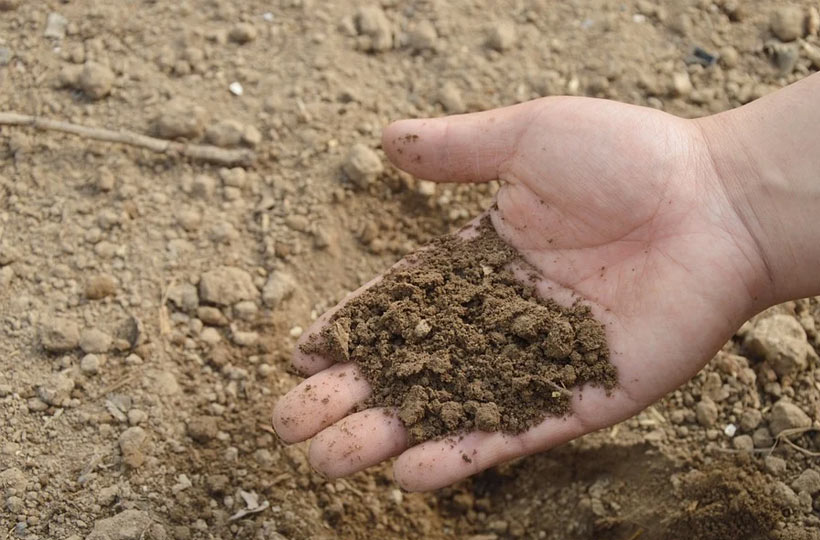If you’re interested in getting your pool demolished, you might notice that your city requires you to have a geotechnical report from a soil engineer in order to complete the project legally. Your pool demolition company should get in touch with the soil engineer for you, but you still might be curious about what they do and why you need them.
What is a Soil Engineer?
Soil engineers are also called geotechnical engineers. These professionals have knowledge about soil structure, composition, and grade. They use their knowledge to make sure that a specific plot of soil is suitable for the construction that is planned for it. Soil engineers are the people who ensure that the ground your home was built on could handle the weight of the home without shifting too dramatically over time. Otherwise, your home could be unsafe to live in.
Geotechnical engineers are also involved in designing the foundation of structures, bridges, roads, reservoirs and roads. They can take water and moisture levels into account in their calculations, as well as soil type and structure.
Why Do I Need a Soil Engineer for a Pool Demo?
When you’re having a pool removed from the ground, you’re also putting new soil into the spot that it leaves behind. This soil needs to drain water properly so that it doesn’t become a dangerous mud pit that you, or your child or pet, could drown in.
It also needs to be properly layered, with the right types of gravel and soil at the right spots, in order to be secure for any future construction. If you want to build a shed or put in a deck, you’ll want a soil engineer’s confirmation that it’s safe to do so.
Cities tend to require geotechnical reports so that they know your property is safe to be sold. Let’s say you don’t plan on building a shed, so you don’t get a soil engineer’s report. The next person who owns your home may not know that it’s unsafe to build and create a serious safety hazard if they go ahead with it.
How Soil Engineers Help Us Remove Your Pool
It is much harder to fix these soil problems after they have been created than to just do the job right the first time. Soil engineers provide valuable advice to pool demolition teams about how the new soil should be placed in order to create safe, stable ground.
Once we’ve finished removing your pool and putting new soil in place, the soil engineer does a final examination of the ground. He or she creates a letter or fills out a report, whichever your city requires. Then, they send the report off, and your city considers the matter closed. You should be able to sell your home if you wish. Or, get to work building whatever you want to place where your pool was, whether that’s a home office or a new garden.


Leave A Comment